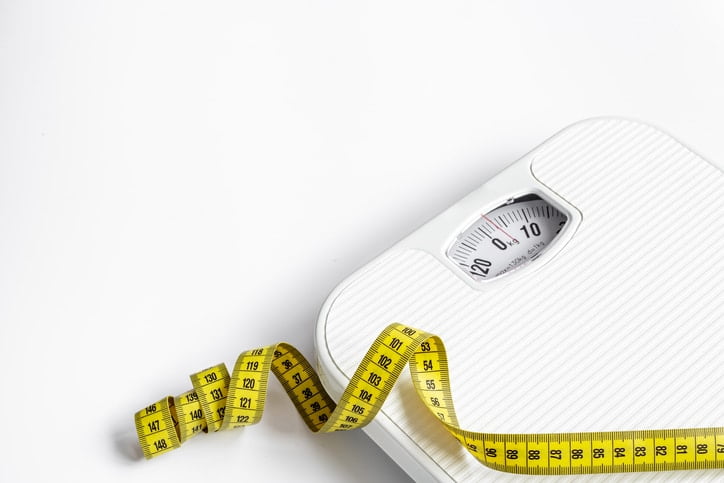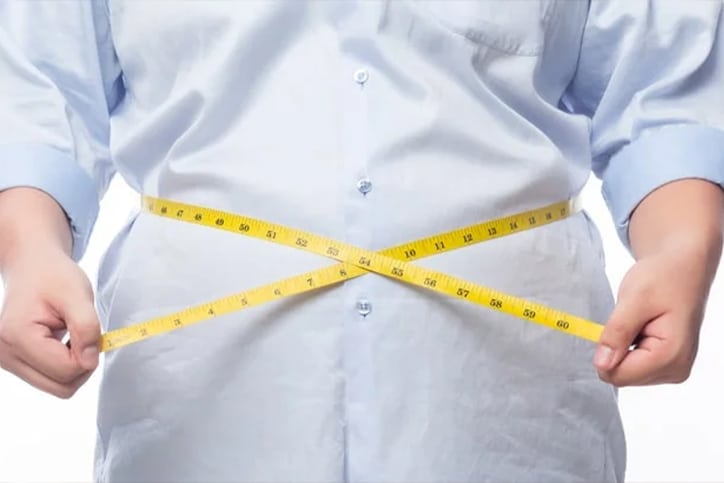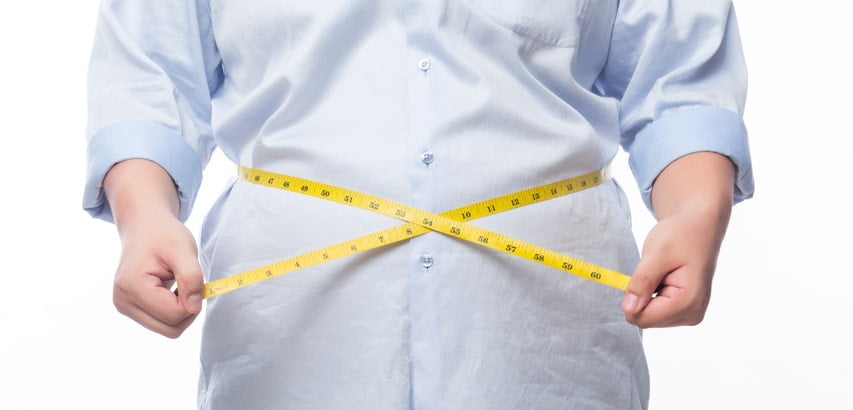

There are many options available for weight loss surgery. One such option is a gastric sleeve, also called sleeve gastrectomy. It is the most commonly performed bariatric surgery in the world. In the United States alone, over half of bariatric surgeries performed per year are gastric sleeves.
Despite its popularity, many patients wonder if a gastric sleeve is a suitable option for them. The experienced bariatric surgeons at Birmingham Minimally Invasive Surgery are here to discuss the potential benefits and risks associated with this increasingly popular bariatric procedure.
What is a Gastric Sleeve?
Gastric sleeve surgery, or sleeve gastrectomy, is a procedure that changes your stomach’s size and structure. After the procedure, your stomach will be smaller, which will limit the number of calories you can consume from food. However, it will still function normally. This, in turn, will help you reach your weight loss goals faster with minimal downtime after surgery.
This procedure, performed laparoscopically, does not involve large abdominal incisions, making it less invasive than other options. It also takes less than an hour to complete. During the procedure, your surgeon will divide your stomach to remove about two-thirds of it. The remaining portion will be joined together using surgical staples, resulting in a smaller stomach.
Who is the Ideal Candidate for a Gastric Sleeve?
Different patients have different needs and desires when it comes to weight loss surgery. A gastric sleeve is ideal for those with a body mass index (BMI) greater than or equal to 40 who have been unable to lose weight through diet and exercise. However, patients with BMIs between 30 and 40 who have other health concerns like diabetes, sleep apnea, heart disease, or high blood pressure will also be considered for a gastric sleeve.
Gastric sleeves can also be a good option for those who have had weight loss surgery in the past and regained weight or did not achieve the desired results. Converting a LAP-Band to a gastric sleeve is a common revisional weight loss surgery. In this case, the original LAP-Band is removed before a standard gastric sleeve procedure is performed. Regardless of whether the gastric sleeve is your first or second weight loss surgery, a consultation with a bariatric surgeon can help you determine if you are a candidate for the procedure.
What Risks Are Involved With Gastric Sleeves?
Like with any surgery, a gastric sleeve does come with the risk of potential complications. You may experience some pain after the procedure, but it can be managed with medication. Most commonly, the stomach stretches over time, which leads to weight gain. In this case, revisional weight loss surgery, like a duodenal switch or Roux-en-Y gastric bypass, may be required to achieve the desired result.
Though most patients respond well to this procedure, it is not recommended for those with severe reflux disease and other similar health conditions. As your individual risks may vary, it is best to discuss your concerns with your surgeon at your initial consultation. They will be able to determine your specific risk of complications after a gastric sleeve and provide you with alternatives to this procedure, if necessary.
What Dietary Restrictions Come with a Gastric Sleeve?
Like with any weight loss surgery, you must follow a special diet after a gastric sleeve procedure to maximize results and avoid stretching your stomach. Immediately after, you will be started on a clear liquid diet. After about two weeks, you will be able to consume pureed food before moving on to soft foods one month post-surgery.
You will be able to return to a normal diet while consuming smaller portions after two months. To learn more about this diet, consider signing up for a nutrition class through BMI. We discuss the dietary needs presented by bariatric surgery and give you the skills to manage your diet before and after your gastric sleeve procedure.
Learn if a Gastric Sleeve is Right for You at BMI
If you’re still not sure whether you’re a candidate for a gastric sleeve, call on the experienced bariatric surgeons at Birmingham Minimally Invasive Surgery. We offer a variety of options to help our patients lose weight, including gastric sleeves. Our experienced team will discuss your options with you to find the best one for your needs. To learn if a gastric sleeve is right for you, contact us at (205) 858-1211.
Schedule a Consultation for a Gastric Sleeve at BMI
As a leader in bariatric surgery in Alabama, Birmingham Minimally Invasive Surgery offers a variety of options to our patients to help them reach their weight loss goals, including gastric sleeves. If you have specific concerns or questions about our weight loss procedures, including gastric sleeves, contact us to schedule a consultation at (205) 858-1211. We look forward to helping you along your weight loss journey.












